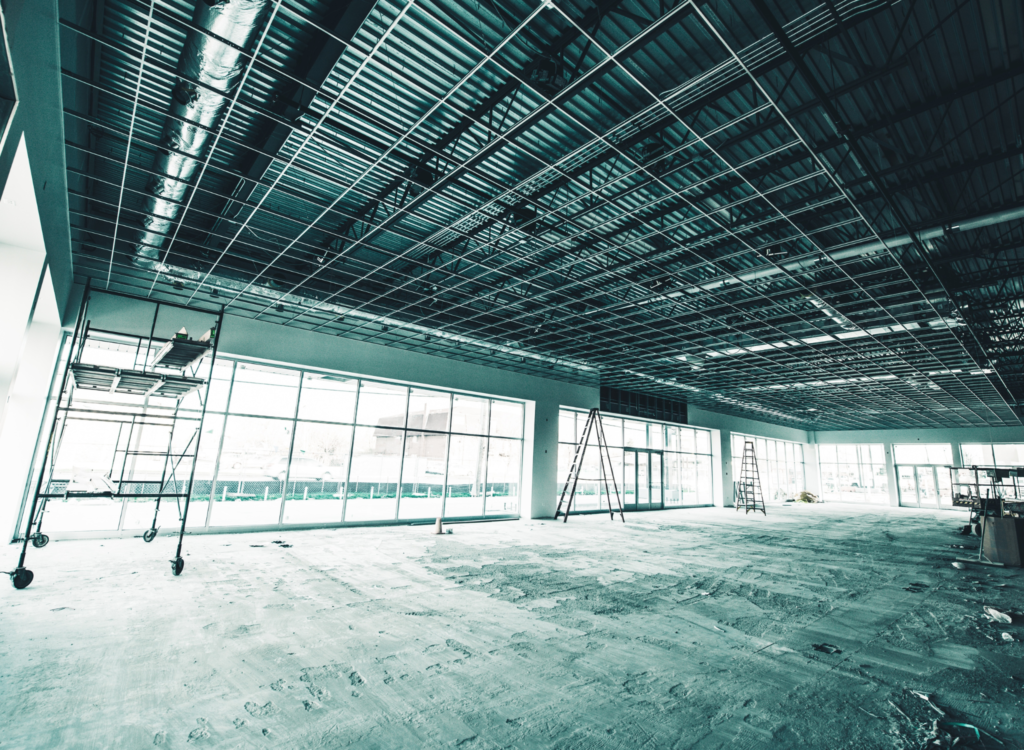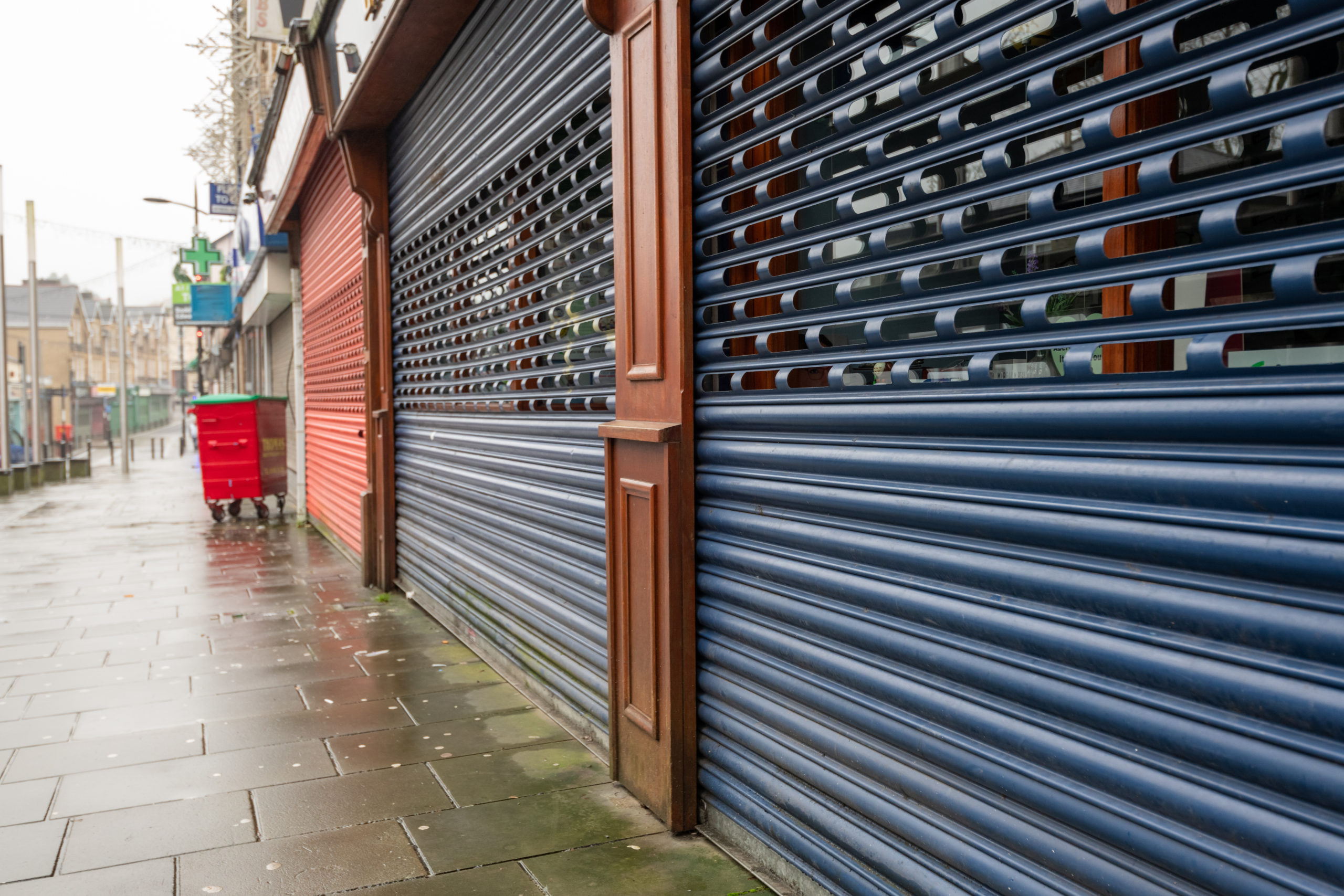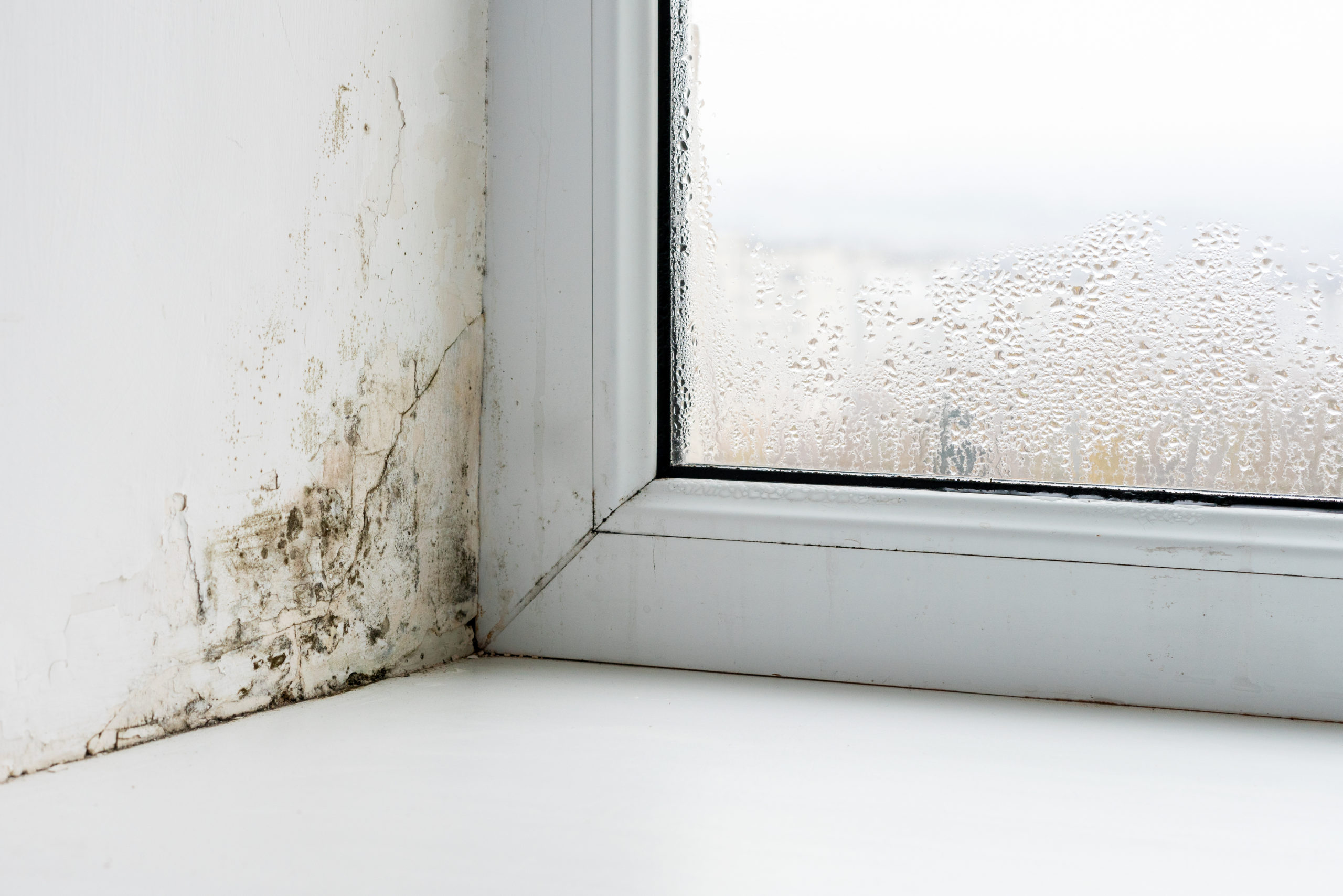Commercial lease renewals are key opportunities for both tenants and landlords. When done well, it can ensure that commercial landlords and tenants can mutually benefit from the renewal and promise continued growth and stability for both.
When lease renewals fall through, it can lead to lost income, operational disruptions, or even potential legal disputes. Whether you are a tenant hoping to renew your lease or a landlord looking to retain a tenant under new terms, effective negotiation helps ensure both parties benefit from the agreement.
We break down how a commercial lease renewal works, what both parties need to consider, and how to achieve a favourable outcome in negotiations.

How Commercial Lease Renewals Work
A commercial lease renewal is the process of renegotiating a new lease term when the current lease is set to expire. This allows the landlord and tenant to renegotiate key lease terms, such as rent, lease length, maintenance responsibilities, and break clauses. These negotiations will result in a new lease agreement with the agreed-upon terms included.
The Landlord and Tenant Act 1954
In England and Wales, most lease renewals are governed by the Landlord and Tenant Act of 1954. This act gives tenants the right to request a lease renewal upon the expiry of their existing lease. However, landlords can provide specific grounds for refusal, such as redevelopment plans or the leaseholder being in rent arrears.
The act protects both landlords and tenants, establishing a solid framework for lease renewals that includes mechanisms for resolving disputes and determining fair terms. It is important that both landlords and tenants are aware of this act to ensure full compliance during the commercial renewal process.
It is important to note that landlords and tenants can agree to opt out of security of tenure agreements that are covered by the act. If tenants and landlords agree to a non-protected lease, tenants will not have the right to request a lease renewal upon expiry.
Commercial Lease Renewals for Tenants
Tenants have the right to request a renewal if their lease is protected by the 1954 Act. However, tenants can face some challenges during their negotiations.
Landlords could try to increase rents above current market values, introduce unfavourable lease terms, or even pressure tenants into making a quick decision.
To negotiate a commercial lease renewal effectively, tenants can take the following steps:
- Review the current agreement: understanding the existing lease terms, helps tenants identify terms for improvement in an evolving market.
- Conduct thorough market research for awareness of current conditions to inform renegotiation efforts, and identify potential alternatives.
- Start Early: tenants can benefit from proactive behaviour and can approach their landlord before their expiration date to provide more time for negotiation.
Commercial Lease Renewals for Landlords
During a lease renewal, landlords aim to retain their reliable tenants while also reassessing the lease terms to identify areas for improvement. This gives the landlord the opportunity to align rents with current market values and protect their investment.
During these negotiations, landlords can face the risk of vacancy if the tenant does not renew. Moreover, market fluctuations, such as economic downturns, can place the landlord in a weak negotiation position.
Landlords should approach renewal with a clear strategy, backed by thorough market research and a solid understanding of their existing lease agreement.
Key Steps to Take in a Lease Renewal
Review the Current Lease
Before entering negotiations, both parties should thoroughly review the existing lease. In this review, it is crucial to identify any renewal clauses, break options, repair and maintenance obligations, and/or rent review clauses.
By reviewing the lease, both parties can establish a solid foundation for informed discussions, thereby avoiding a weak negotiation position.
Research the Market
By analysing the local market to understand the average rate, both parties can argue from a reasonable position. This can help negotiate more favourable terms or to justify a rent increase.
When researching the market, consider factors such as rent per square foot, lease lengths, and tenant incentives to inform your position.
What to Negotiate in a Lease Renewal
Rent and Rent Reviews
Rent is often the most contentious issue in lease renewals. In rent reviews, it is essential to strike a balance between fair value and tenant affordability, taking into account market conditions and the long-term suitability of the lease agreement.
During negotiations, both parties should consider:
- Rent freezes in cases of economic uncertainty
- Staggered increases to support tenant affordability
- Which rent review method to include: Open Market (reflects current rental value), Index-Linked (adjusted by inflation e.g. RPI or CPI), or Fixed Increases (pre-agreed amounts at set intervals)
Lease Term
Negotiating the lease length and including break clauses can provide flexibility for tenants and offer income security for landlords. It is important to be aware of the tenant’s plans for the business and for how long they intend to rent out the commercial property.
Lease lengths typically range from three to five years, but can be longer, and may include tenant-only or mutual break clauses. It is also important to agree on whether the lease will be non-protected and whether the tenant can renew the lease upon expiry.
Property Maintenance
It is important to negotiate the responsibility for the repairs and maintenance of the property during the renewal process.
Both parties should clarify their obligations under the lease regarding internal and external repairs and reach an understanding on potential contributions to property upgrades. Moreover, it is important to consider incentives for tenant fit-outs or refurbishments, which would boost the overall value of the property.
Legal and Regulatory Conditions for Landlords
Landlords must comply with statutory regulations when handling renewals.
- Providing valid notices under the Landlord and Tenant Act 1954
- Observing the correct timeframes
- Respecting tenant protections (e.g. rights to compensation if not renewed)
- Delivering an adequate Energy Performance Certificate (EPC) rating
Failure to follow the process properly can delay negotiations or lead to disputes.
It is strongly advised to consult a solicitor, particularly when drafting new lease terms, serving notice to end or renew a lease, and if disputes arise over tenant rights or obligations.
Additionally, a qualified RICS surveyor can identify any issues with the property and advise on its overall value, helping support fair negotiations with the tenant.

Negotiating a Favourable Commercial Lease Renewal
Commercial lease renewals can be successfully navigated by both landlords and tenants through a combination of strong preparation, sound market research, and awareness of legal and regulatory considerations.
With a proactive, informed approach, both landlords and tenants can secure lease renewals that support long-term goals and reduce the risk of ongoing disputes.

Contact ASL’s RICS-registered team for help with commercial lease renewal. The expertise and technical proficiency of chartered commercial building surveyors will offer substantial advantages to investors seeking an in-depth assessment of a property’s value and condition, informing commercial lease renewal negotiations.
The expertise and technical proficiency of our RICS Chartered Commercial Building Surveyors will offer substantial advantages to investors looking for an in-depth assessment of a property’s value and its condition.




